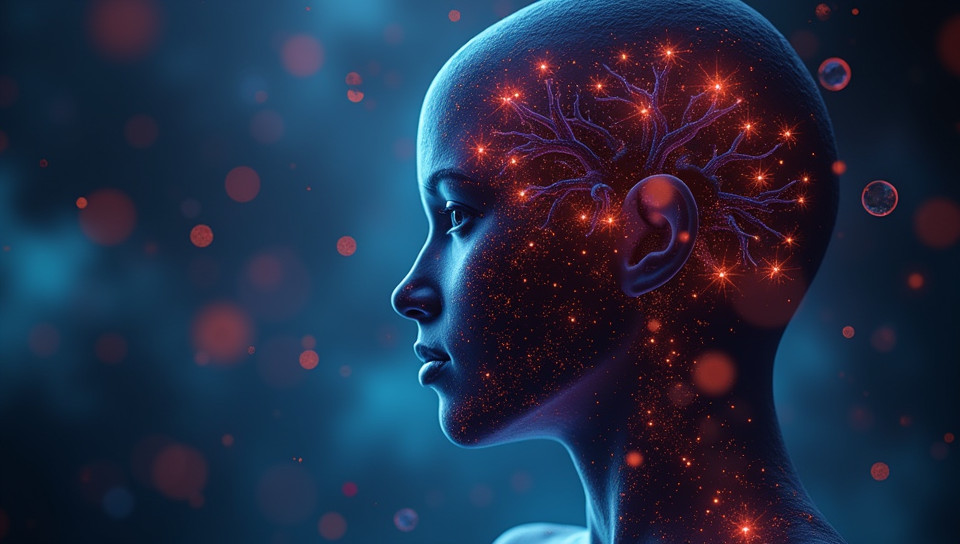ECS research has implications for mood disorder treatment 74%

The Complexities of Mood Disorders: How ECS Research Holds the Key to Treatment
Mood disorders, such as depression and bipolar disorder, affect millions of people worldwide. These conditions are often characterized by persistent feelings of sadness, hopelessness, and anxiety, which can severely impact a person's quality of life. While various treatments exist, including medication and therapy, many individuals do not respond well to these interventions. This is where ECS research comes in – uncovering new insights into the biological mechanisms underlying mood disorders.
Understanding the Role of the Endocannabinoid System
The endocannabinoid system (ECS) plays a crucial role in regulating various physiological processes, including mood, motivation, and emotional response. The ECS consists of receptors, enzymes, and endocannabinoids that interact to maintain homeostasis within the body. Research has shown that abnormalities in ECS function may contribute to the development and progression of mood disorders.
Implications for Mood Disorder Treatment
Recent studies have highlighted the potential therapeutic applications of ECS-targeting interventions in treating mood disorders. These findings suggest that manipulating the ECS may help alleviate symptoms of depression, anxiety, and other related conditions. Some key implications include:
- Improved response rates to existing treatments
- Reduced side effects associated with traditional antidepressants
- Potential for novel therapeutic approaches
The Science Behind ECS Research
ECS research has made significant strides in understanding the complex relationships between endocannabinoids, receptors, and mood regulation. Studies have identified specific ECS targets that may be involved in mood disorder pathophysiology, including:
- CB1 receptor antagonists, which may help alleviate depressive symptoms
- Anandamide, an endocannabinoid with potential antidepressant properties
Conclusion
The ECS research holds promise for the development of innovative treatments for mood disorders. By targeting specific components of the ECS, researchers and clinicians may be able to improve treatment outcomes and enhance quality of life for individuals affected by these conditions. As our understanding of the ECS continues to grow, it is likely that new therapeutic options will emerge, offering hope for those struggling with mood disorders.
- Created by: Andrea Ramirez
- Created at: Dec. 3, 2024, 12:25 p.m.
- ID: 16448









